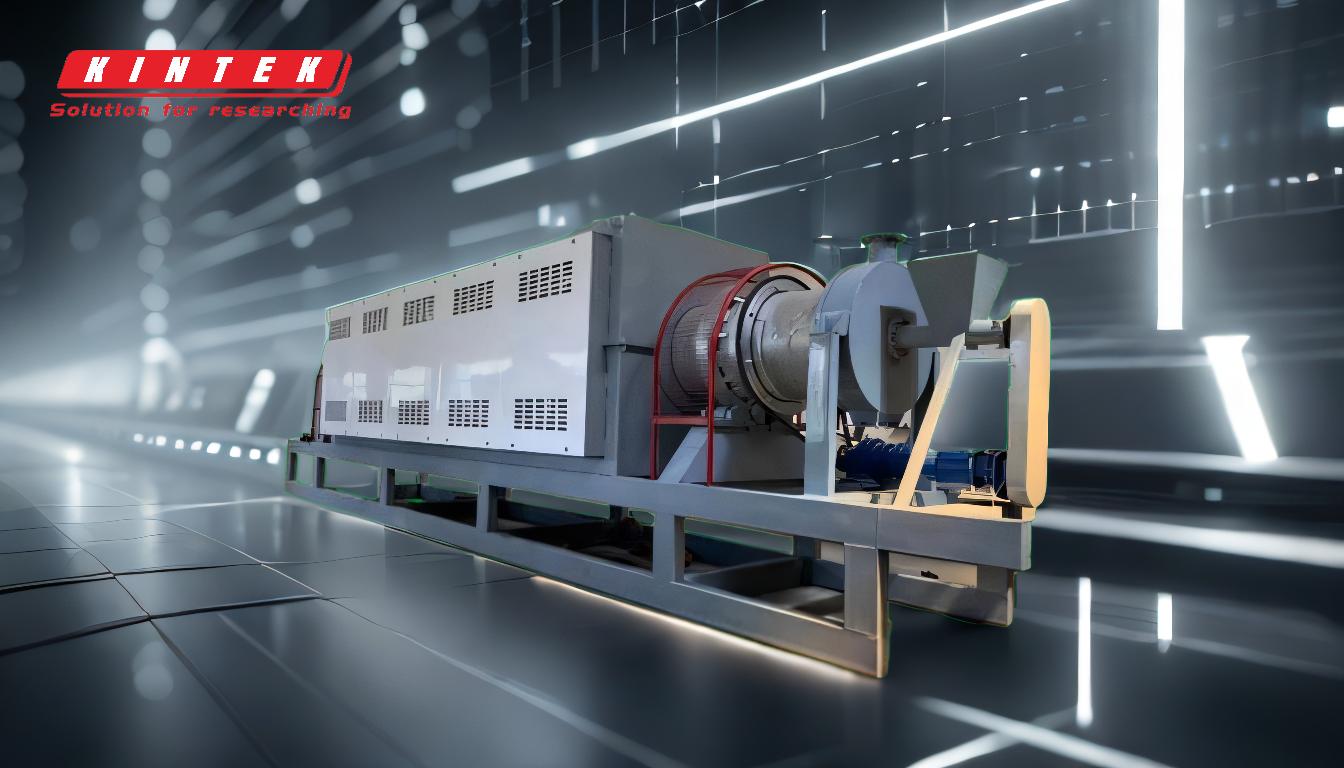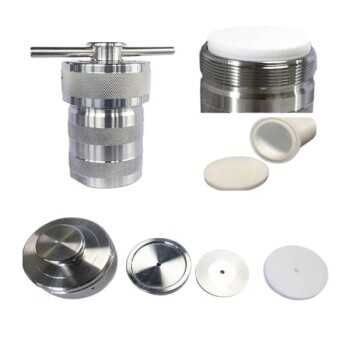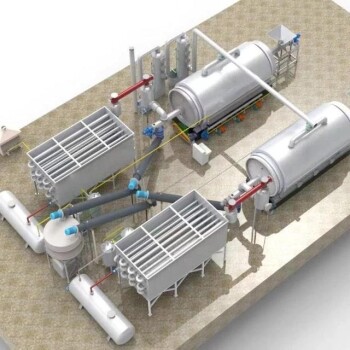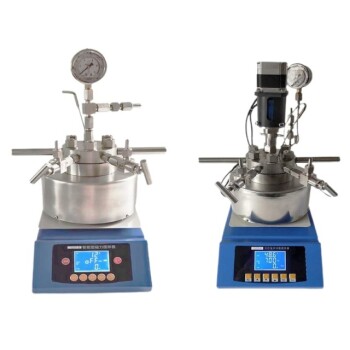The cost of a pyrolysis reactor can vary significantly depending on several factors, including the type of reactor, its capacity, the materials used in its construction, and the level of automation. Generally, pyrolysis reactors are designed to convert biomass or waste materials into useful products like bio-oil, syngas, and biochar. The yield and composition of these products are influenced by factors such as the type of biomass, pretreatment conditions, pyrolysis temperature, heating rate, and reactor type. Understanding these variables is crucial for determining the appropriate reactor for your needs and estimating its cost.
Key Points Explained:

-
Types of Pyrolysis Reactors:
- Batch Reactors: These are typically smaller and less expensive, suitable for small-scale operations or research purposes. Costs can range from $10,000 to $50,000 depending on the size and complexity.
- Continuous Reactors: These are more expensive due to their larger capacity and continuous operation capabilities. Prices can range from $100,000 to over $1 million, depending on the scale and automation level.
- Fluidized Bed Reactors: These reactors offer better heat transfer and are more efficient but come at a higher cost, often exceeding $500,000 for industrial-scale units.
-
Capacity and Scale:
- Small-Scale Reactors: Designed for laboratory or pilot-scale projects, these reactors are less expensive but have limited throughput. Costs can range from $10,000 to $100,000.
- Industrial-Scale Reactors: These are designed for large-scale production and can handle significant volumes of biomass. The cost can range from $500,000 to several million dollars, depending on the capacity and technology used.
-
Materials and Construction:
- Stainless Steel: Commonly used for its durability and resistance to high temperatures. Reactors made from stainless steel are more expensive but offer longer lifespans and better performance.
- Carbon Steel: A more cost-effective option, but it may not be suitable for all types of biomass or operating conditions. Costs are lower, but maintenance and replacement may be more frequent.
-
Automation and Control Systems:
- Manual Systems: Less expensive but require more labor and are less efficient. Suitable for small-scale or experimental setups.
- Automated Systems: More expensive but offer better control over the pyrolysis process, leading to higher yields and more consistent product quality. Automation can significantly increase the cost, adding $50,000 to $200,000 or more to the overall price.
-
Additional Costs:
- Installation and Setup: Costs for site preparation, installation, and commissioning can add 10-20% to the total cost of the reactor.
- Maintenance and Operation: Ongoing costs for maintenance, energy consumption, and labor should be considered when budgeting for a pyrolysis reactor.
-
Influencing Factors on Cost:
- Type of Biomass: Different biomass types may require specific reactor designs or additional pretreatment steps, influencing the overall cost.
- Pyrolysis Temperature and Heating Rate: Higher temperatures and faster heating rates may require more advanced and expensive reactor designs.
- Reactor Type: The choice between batch, continuous, or fluidized bed reactors will significantly impact the cost.
Understanding these factors will help you make an informed decision when purchasing a pyrolysis reactor, ensuring that you select a model that meets your specific needs and budget.
Summary Table:
| Factor | Details | Cost Range |
|---|---|---|
| Types of Reactors | Batch, Continuous, Fluidized Bed | $10,000 - $1M+ |
| Capacity and Scale | Small-Scale (Lab/Pilot) vs. Industrial-Scale | $10,000 - $100,000 (Small) / $500,000 - $M+ (Industrial) |
| Materials | Stainless Steel (Durable) vs. Carbon Steel (Cost-Effective) | Higher for Stainless Steel / Lower for Carbon Steel |
| Automation | Manual (Less Expensive) vs. Automated (Higher Cost, Better Control) | +$50,000 - $200,000 for Automation |
| Additional Costs | Installation, Maintenance, and Operation | 10-20% of Reactor Cost for Installation / Ongoing Costs for Maintenance & Labor |
| Influencing Factors | Biomass Type, Pyrolysis Temperature, Heating Rate, Reactor Type | Varies Based on Requirements |
Ready to find the perfect pyrolysis reactor for your needs? Contact our experts today for a tailored solution!






